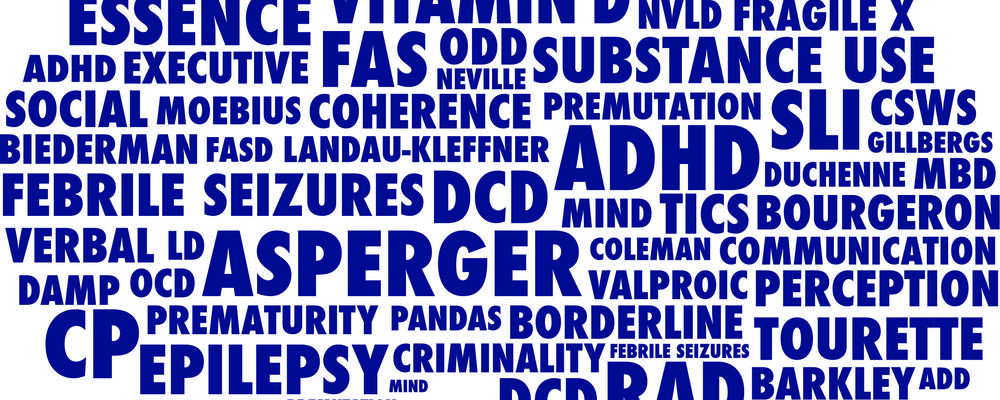
ESSENCE
ESSENCE, the concept behind our research
Background
ESSENCE is an acronym for Early Symptomatic Syndromes Eliciting Neurodevelopmental Clinical Examinations that was coined by Christopher Gillberg in 2010. It has received widespread attention throughout the world, and many studies are now launched under this umbrella term.

About ESSENCE
ESSENCE refers to the whole group of neurodevelopmental/neuropsychiatric disorders that present with impairing symptoms in early childhood and includes ADHD, ASD, DCD, IDD, SLI, Tourette syndrome, early onset bipolar disorder, behaviour phenotype syndromes, and a variety of neurological and seizure disorders presenting with major behavioural/cognitive problems at an early age. These named disorders are usually "comorbid" with each other and it can be difficult to separate one from the other at the time of early diagnostic assessment. They share genes, environmental risk factors and clinical symptoms. Symptoms of each disorder can overlap with those of another disorder within the group and diagnostic criteria may be met for one or two of them at one age and for a third or fourth of them at another age. ESSENCE is not a diagnosis in itself, and the conceptual framework around it is not really new but representing a step towards alerting clinicians and researchers to the need to constantly be aware of the huge variety of problems manifested by children, adolescents and adults with any kind of early onset neurodevelopmental problem. Precise diagnosis is even more important in the "ESSENCE era", but diagnosis of just one type of problem is likely to be inaccurate and diagnostic re-evaluation over time will be needed in a majority of cases.
Further reading on ESSENCE
Prevalence
ESSENCE affect about one in ten individuals and is a public health problem of great impact. There are excellent intervention opportunities for most of the named conditions within the group and outcome can be positively affected by these. Early recognition is essential, but it is never too late to make a difference, even when diagnosis is delayed. The ESSENCE concept argues against the establishment of focusing only on highly specialised services. Neurodevelopmental ESSSENCE centres for children, adolescents and adults are needed instead.

